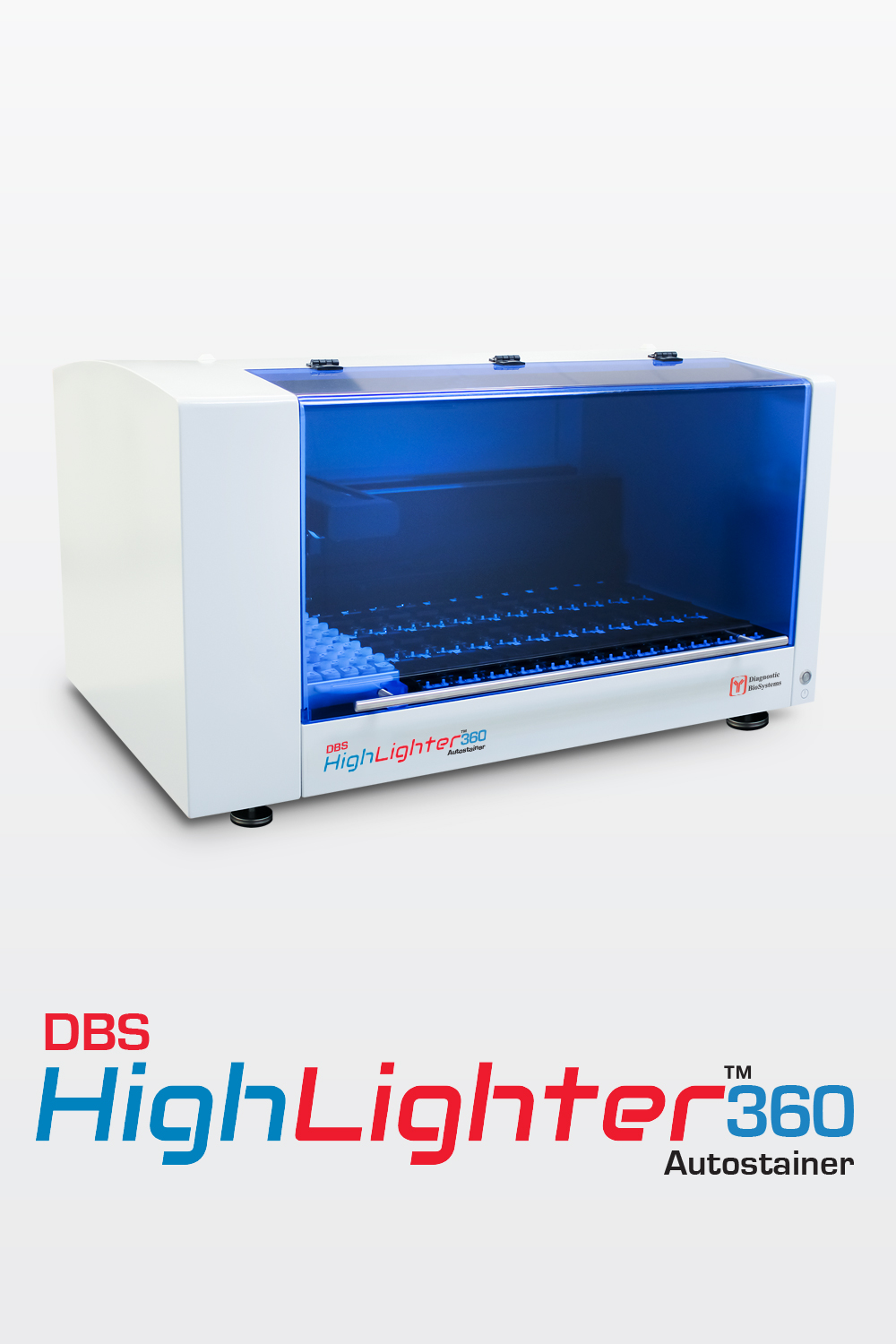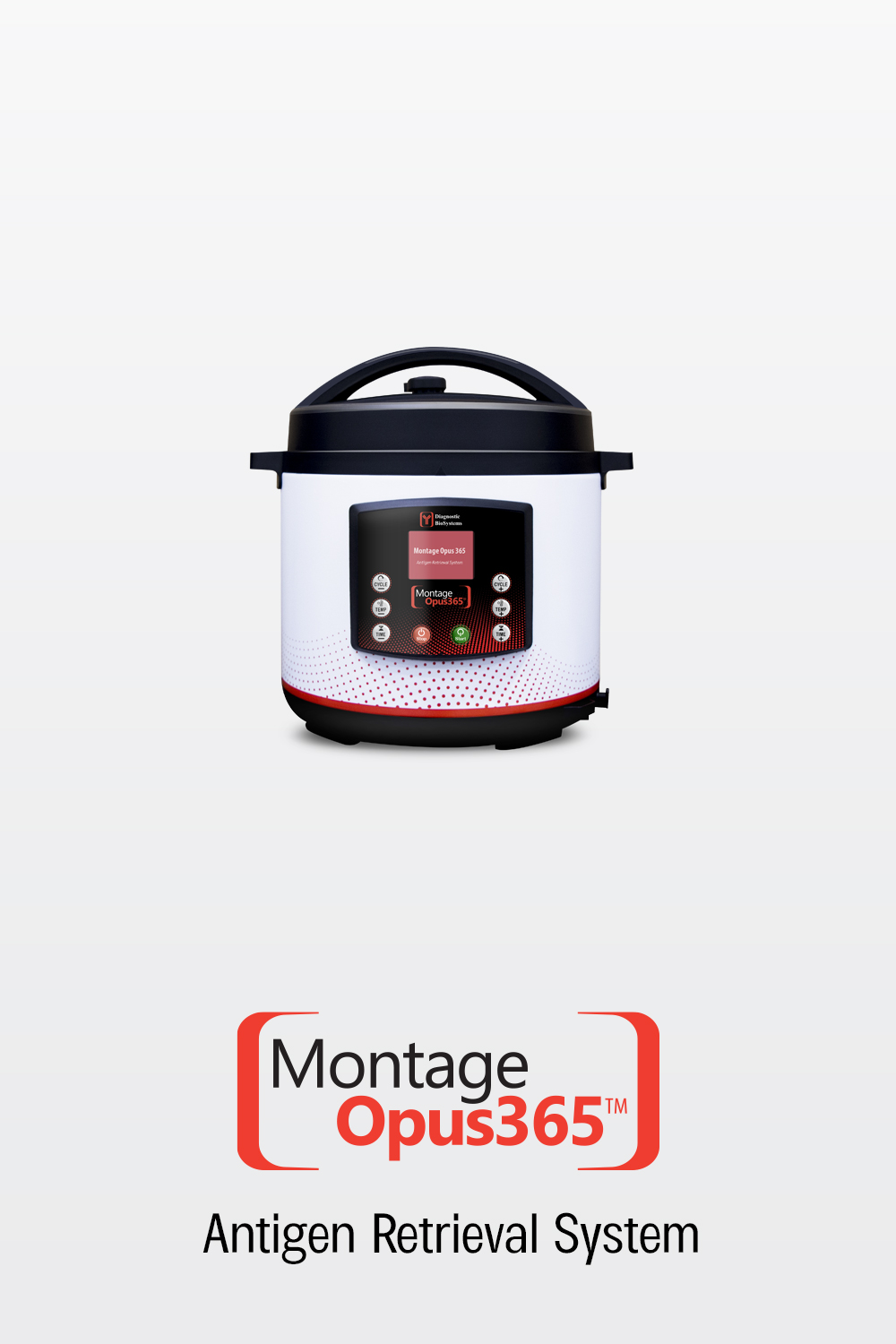CANCER AWARENESS
Appendix Cancer Awareness Month!
Appendix Cancer Awareness Month!
Appendix is a small pouch of tissue in the abdomen and a part of the intestines and colon. Appendix cancer is a rare type of cancer that has two main types appendiceal cancer: epithelial appendiceal carcinoma and neuroendocrine appendiceal cancer. Epithelial appendiceal carcinoma cells make jelly-like substance called mucin, which can be leaked into abdominal cavity through appendiceal rupture to mucin accumulation in the abdomen and form pseudomyxoma peritonei. The pseudomyxoma peritonei can also be a clinical indication of ovarian mucinous tumors including primary ovarian mucinous cystadenoma, mucinous borderline tumor, or mucinous adenocarincoma. Therefore, clinical differentiation between primary appendiceal carcinoma and primary ovarian mucinous tumor is very important. The immunohistochemistry (IHC) plays a paramount role in this regard.
💡 Spotlight on KEY IHC MARKERS in Appendix Cancer Diagnosis
- SATB2: is a highly sensitive marker of normal colorectal/appendiceal epithelium and a very good marker for detecting tumors of colorectal and appendiceal origin. However, its expression has not been reported in normal epithelium of the female reproductive tract. Studies have shown that SATB2 staining was not observed in almost all cases of ovarian mucinous neoplasms, including cystadenomas, borderline tumors and adenocarcinomas and the staining was seen in apppendicael mucinous neoplasms, low grade as well as high grade. Therefore, SATB2 is a sensitive and specific IHC marker in making a differentiate diagnosis for tumor primary origin, either appendix or ovary.
- CDX2: is a highly sensitive and specific marker for appendiceal mucinous neoplasms, but very low expressed in ovarian mucinous neoplasms.
- PAX8: Reports have shown that PAX8 can differentiate between ovarian mucinous neoplasms (positive) and appendiceal mucinous neoplasms (negative) with high specificity and low sensitivity.
- CK7: Reports have demonstrated that CK7 was positive in the majority of cases of ovarian mucinous neoplasms and positive in minority of cases of appendiceal mucinous neoplasms.
- CK20: CK 20 expression was seen in minority of cases of ovarian mucinous neoplasms and expressed in almost all cases of appendiceal mucinous neoplasms.
Therefore, the combination of the above antibodies and the application of IHC can increase the accuracy of tumor origin of appendix or ovary and provide critical evidence for better clinical management of the diseases.
Visit www.dbiosys.com to explore our range of high-quality, FDA-certified IHC markers designed to support accurate cancer diagnosis.




